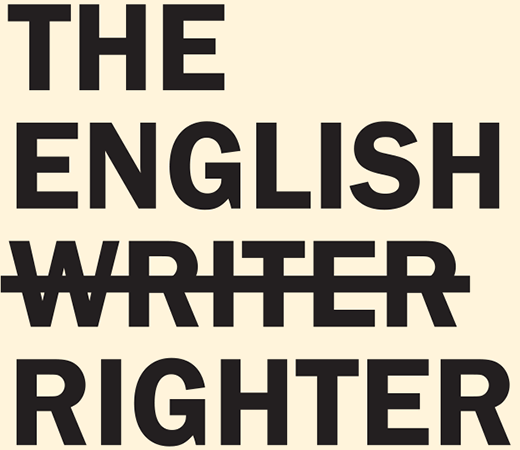Any competent editor can turn a passage that is long-winded, opaque, and filled with grammatical errors into a passage that is long-winded, opaque, and grammatically correct. Which is why I do not consider my work done if I do not go through your text with a fine toothcomb.
Language is beautiful for its own sake, but it is ultimately a tool of communication, and whether you’ve written an article, a press advertisement, a presentation handout, an annual report or some website copy, your aim is to communicate with an audience without having to clarify every sentence that causes a reader to furrow her brows.
So these are some of the things I look for when copy editing:
- Clarity (so that your text is easy to read and understand)
- Logic and cohesion (so that your writing stays focused)
- Consistency (of style and tone)
- Concision
- Correctness (grammar, spelling and punctuation)
When I edit, I am thinking of your reader, putting myself in her shoes and empathising about what she already knows and how she interprets your flow of words in real time.
Benefits of expressing your ideas clearly:
- You project an image of professionalism and competence.
- You increase your readers’ confidence in your products or services.
- You strengthen your message.
- You avoid misunderstandings and mistakes, which can save time and money.
How I work
The ideas you’re expressing are yours, and all I’ll be trying to do is help you express them clearly. Consequently, I see the final text as a collaborative effort, and I will work closely with you to understand what exactly it is you’re trying to say, so I can find the clearest way to say it.
I specialise in natural-sounding British English, and typically work in Microsoft Word so that my changes are tracked and clear for you to see, along with any comments, suggestions or questions I may have. Once we’ve cleared up any ambiguities, the final edit will be “clean” of track changes.


